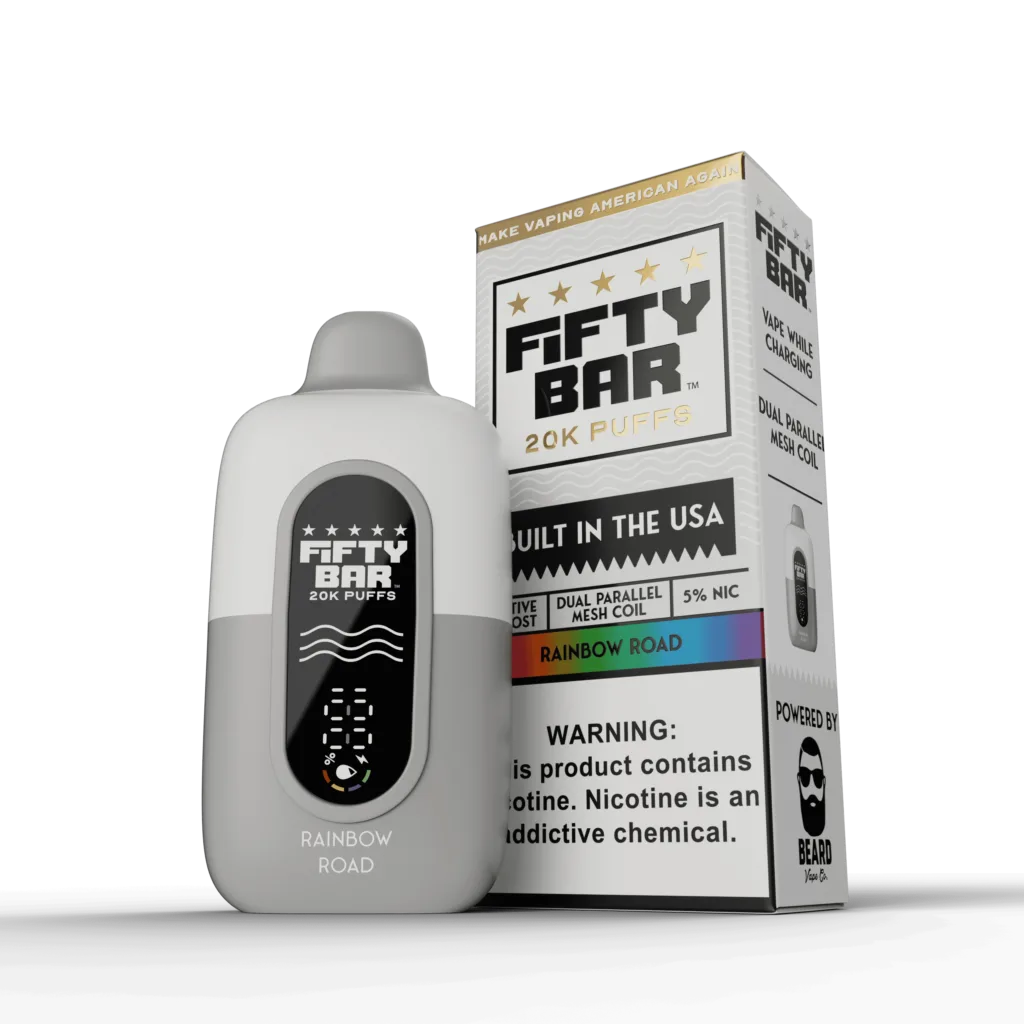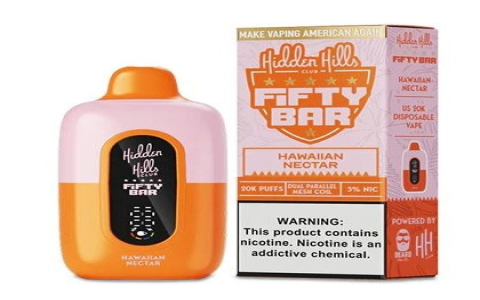American-made electronic cigarettes represent a niche segment focusing on domestic manufacturing, compliance with US regulations, and often higher quality control standards. While the global supply chain remains dominated by imports, several US-based operations have emerged.
Key Compliance Requirements
Manufacturers must navigate stringent regulations:

- FDA Premarket Tobacco Application (PMTA): Mandatory submission and authorization for any new tobacco product, including e-cigarettes, post-August 8, 2016.
- Current Good Manufacturing Practices (CGMP): Strict adherence to FDA CGMP regulations ensuring product quality and safety.
- Ingredient Listing & Health Documents: Submission of detailed ingredient lists and health documents to the FDA.
- Age Verification: Robust systems (like third-party databases) required for online and retail sales.
Prominent US-Based Manufacturers
Entities focusing significantly or entirely on domestic production include:
- Nicopure Labs (Halo Cigs/E-Liquid): Manufactures e-liquids and certain hardware components within FDA-registered US facilities, emphasizing traceability.
- Turning Point Brands (Solace/Hi-Drip): Produces a significant portion of its e-liquids and hardware in the US, adhering to FDA requirements.
- Mountain Vaporz: Known for USA-made e-liquids.
- Charlie’s Chalk Dust: Highlights premium ingredients and manufacturing conducted within the US for specific product lines.
Challenges & Considerations
- Component Sourcing: Many “US-made” devices still rely on imported components (batteries, chips) due to specialized global supply chains. True vertically integrated manufacturing is rare.
- Cost Premium: Higher labor, compliance, and material costs typically translate to higher consumer prices versus mass-market imports.
- Regulatory Uncertainty: Continuous FDA enforcement actions and changing regulations pose significant operational and financial risks.
Value Proposition
Key consumer advantages often cited:
- Strict Quality Control: Reduced likelihood of contamination issues common with some overseas producers.
- Supply Chain Transparency: Enhanced traceability of materials and ingredients.
- Regulatory Compliance: Focus on meeting specific FDA standards.
- Supporting Domestic Economy: Job creation within the US manufacturing sector.







